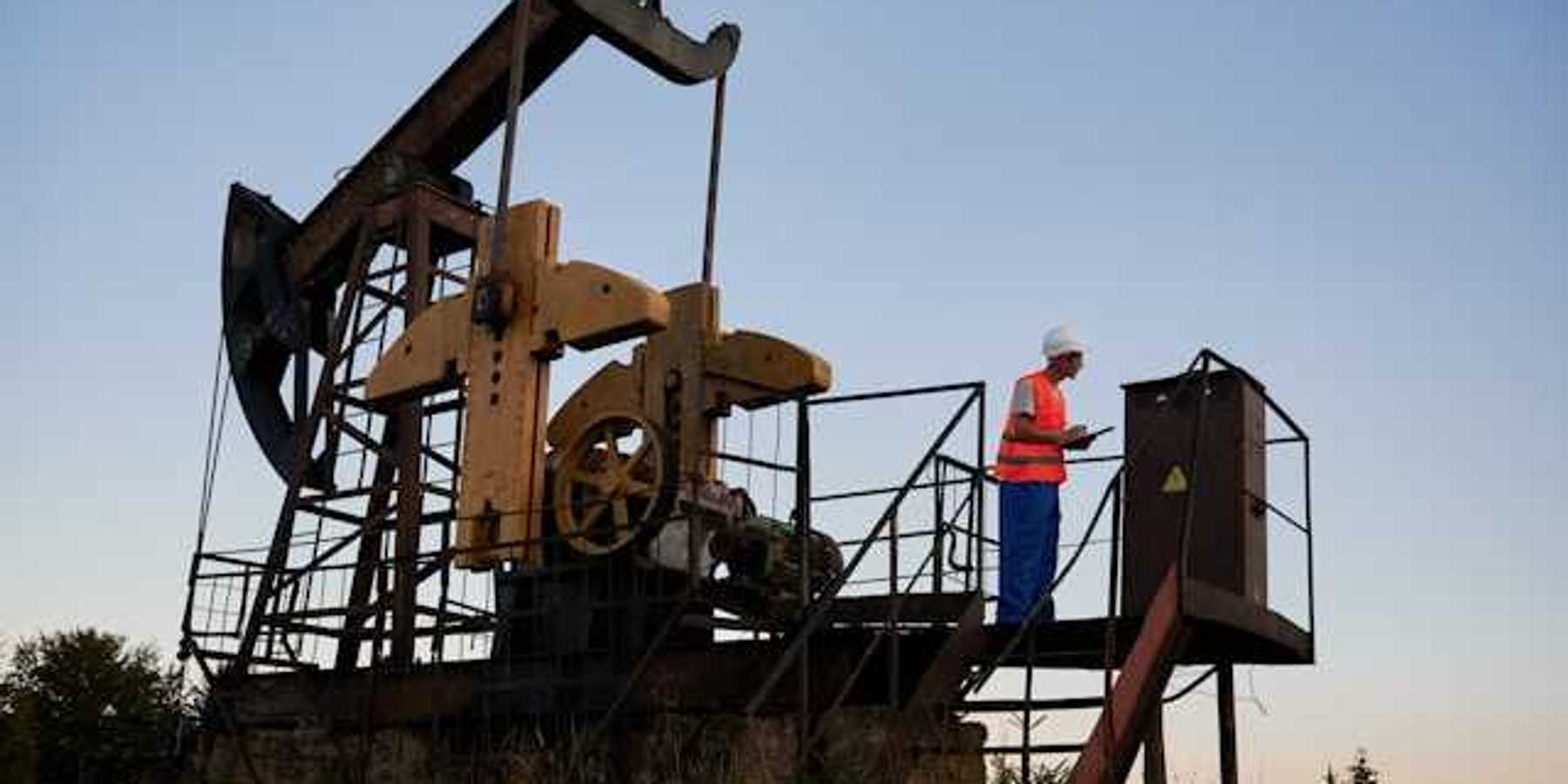12 February 2024
Air pollution's destructive impact on moth pollination
Car exhaust byproducts are disrupting moth pollination by degrading the floral scents essential for attracting these nocturnal pollinators, according to a new study published in the journal Science.
Lauren Leffer reports for Popular Science.
In short:
- Air pollution, particularly ozone and nitrate radicals from car exhaust, impairs moths' ability to locate evening primrose flowers by altering the flowers' scent.
- This reduction in pollination could significantly affect the reproduction of plants reliant on nocturnal pollinators, with broader implications for ecosystems and human food security.
- Despite the challenge, reductions in these pollutants since the 1980s show potential for improvement through further environmental protections and shifts to greener energy sources.
Key quote:
"Pollinators play a huge role in community ecology; they’re critical for the fitness of plants. If you affect that, then you’re going to have ecosystem-wide impacts."
— Jeff Riffell, co-senior study author and a biology professor at the University of Washington
Why this matters:
This research points to the complex ways in which pollution interferes with essential biological communications and the broader ecological balance.













